Sweden own gothic Rock and post-punk heroes Then Come Silence have yielded their best album to date with Machine, an intense collection of 11 tracks that are their most satisfying songs to date.
The album opens with the feminist gothic-rock Battlecry “We Lose The Night”, and is unyielding in it’s expertly produced dark intensity, transcending dark music genres, with guitars, bass, and synths, and drums, led by the crooning vocals of Alex Svenson.
A standout track on the record, besides the two lead singles “We Lose The Night”, and “Apocolypse Flare”, is the mesmerizingly beautiful “Ritual”, featuring True Moon’s Karolina Engdahl.
Listen to that track and more through a stream of the full album via Spotify below:
In tandem with Machine’s release, we spoke to Then Comes Silence on record’s themes, feminism, the unity in the goth scene, and more.
How has the songwriting progressed on the way to, and with writing Machine?
ALEX:
I think the sound gets cleaner each album we make. We keep grinding the steel. Compare the first album to “Machine” and you will clearly notice the difference.
I write music at all times, so I don’t really notice any differences in the way I write the songs. I make a demo for the band. They take over and we arrange it together. It’s when the music is finished I can see the difference.
Can you tell us more about the intense subject nature of “We Lose the Night”?
ALEX:
OK, the thing is, I am seldom comfortable in the company of cocky macho men. When I grew up I had a special bond with my grandmother, my mother was young and cool, I only have sisters, almost all my cousins are women, my wife is definitely the alpha in the family and I have daughters, no boys. I’ve been surrounded by the female gender all my life. I have a hard time understanding the man culture that’s been around for ages. Having said that, I gave it a go when I did the military service for some time and I have worked in a male-dominated business. A field day trip, kind of.
The patriarchal structure makes it easier for the bad apples to turn into monsters. So let’s start from the roots and change the culture.
Apocolypse was filmed by an old friend of the site, Damón Zurawski. Can you tell us about working with him, and the video, the casts, themes, and the song itself?
HUGO:
It was great to work with Damón in the video, he puts a lot of effort and attention to the details, and made our vague idea look like a Mad Max movie. Can’t really say that the video was fun to make as we had to deal with some trouble, like the cars getting stuck in the sand on the way to the Stockholm wilds, the wind, the cold… but Damón did his best to make it work and we love the result, we’re looking forward to work with him again. The theme of the video and the song is obviously apocalyptic; maybe it’s the information overload that we’re suffering nowadays, but it really looks like the world is going to hell, so we choose to grab a drink, relax and enjoy the moment, you only live once.
What are some of the other themes explored on the record?
ALEX:
Death… and anxiety, failing, desolation, melancholy, sacrifice, farewells and the odd one out like Ritual. It’s about dancing as a ritual practice.
What other songs do you feel have a particularly important or striking message?
ALEX:
I would say all of them. But you don’t have to know all the words and get the messages to enjoy the music. Sometimes it’s just better to let the music play and leave it there on an abstract level.
Can you tell us about now working with Metropolis Records and SPV? Was it a big transition going from Nuclear Blast, generally a Metal Label, to more Goth, Industrial, and Darkwave oriented labels?
JONAS:
As soon all the documents were signed, everything went smoothly. But it was a bit stressful times in between when we had to pause a lot of plans etc. because of it. We dont know yet how big of a difference it will be with these labels that suit us more, but for the time being everything feels great.
Can you tell us about the dark music community and Stockholm and Sweden? It seems to be thriving and very interconnected. Some of your members run Klub Dodd in Stockholm?
JONAS:
Yes, I would say it is thriving in Stockholm, especially if you think of the quite small population of less than a million. Not so much in the rest of the country, with a few exceptions of course. Sweden has been a huge name in the music business for quite some time in most genres. Everybody knows someone who plays in a band or works with music in some way.
I have been working with KLUBB DÖD since 2013, but because of intense touring I had to step down a bit. I still make some posters, running the web page, and help out when I can though.
ALEX:
The dark scene has got a good vibe now. Two Swedish festivals are growing bit by bit every year, Kalabalik and Subkult. They are slightly different from each other, but both festivals fill the need. The goth, post-punk, industrial and EBM crowds support each other. Even some metal heads blend in the crowd.
Plans to tour the US?
MATTIAS:
It would be fantastic to do a tour in the US, we have been talking about it for a while and we all think that the next step for us is to go over the Atlantic, introduce ourselves and let our American fans enjoy some proper Then Comes Silence shows. First, we need to get visas.
Then Comes Silence’s fifth studio album Machine, is out today, March 13th via Oblivion/SPV (EU) and Metropolis Records (US).
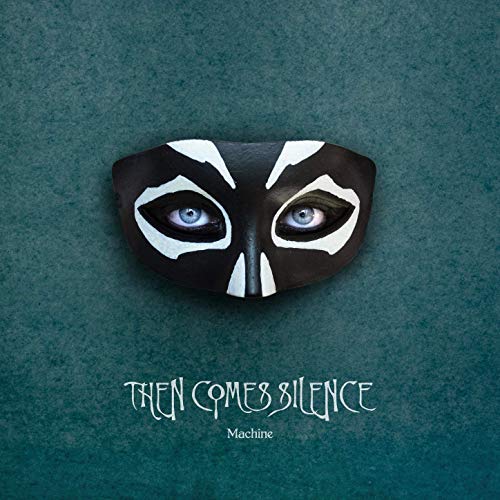

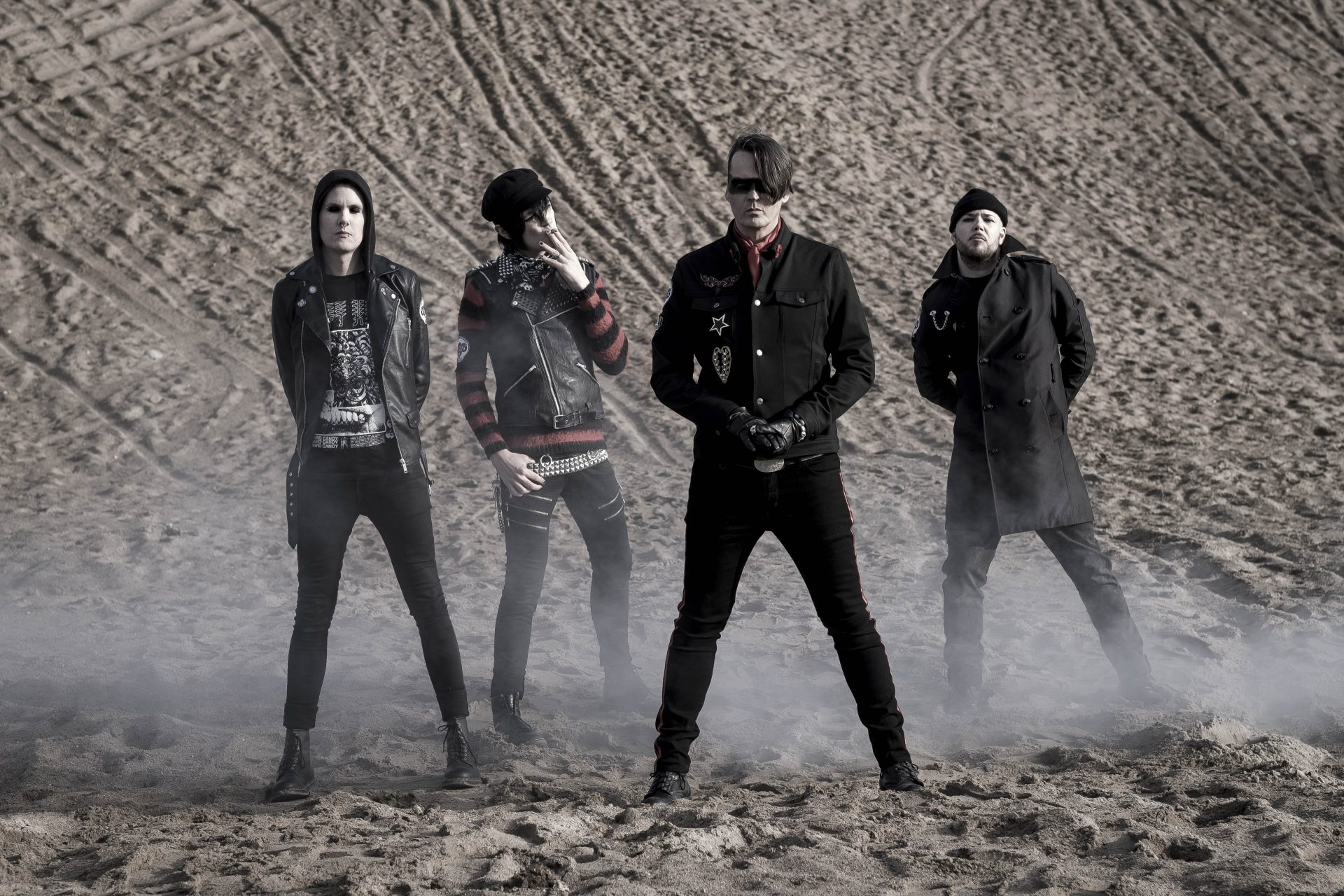

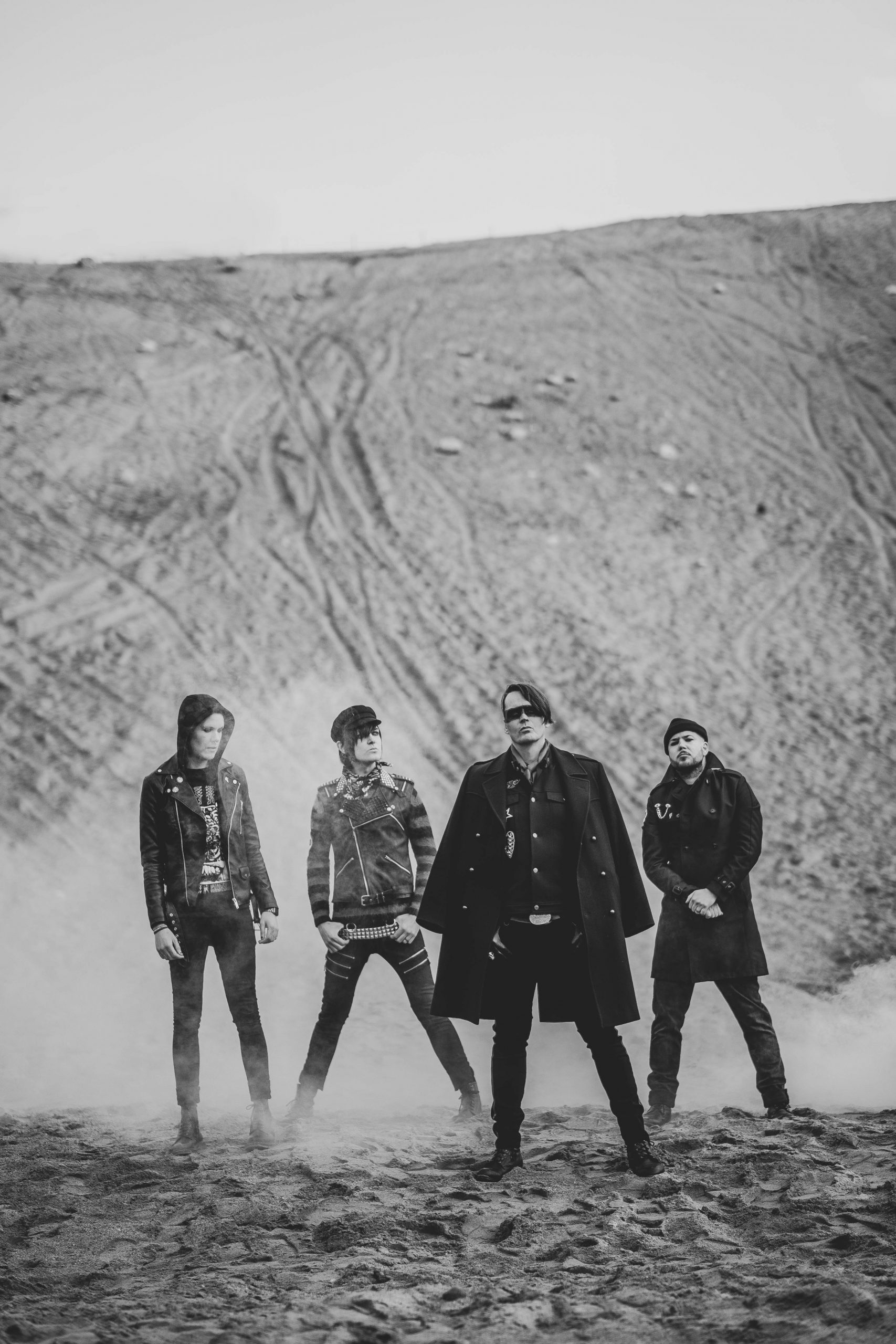
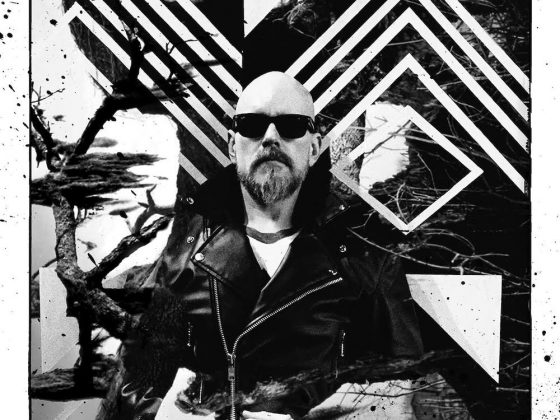
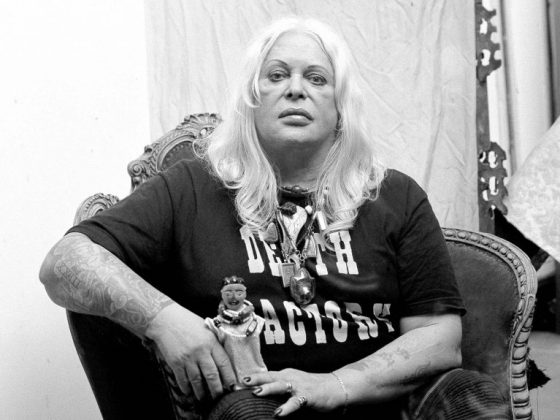





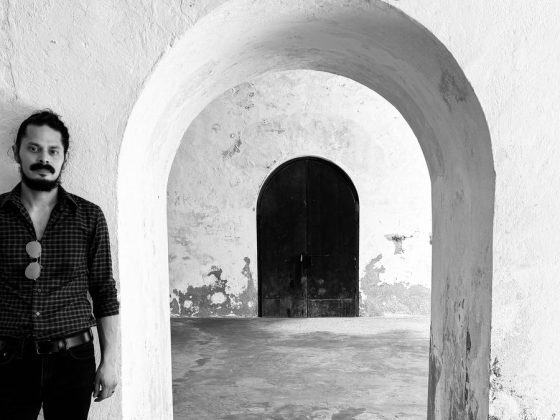




 Or via:
Or via: